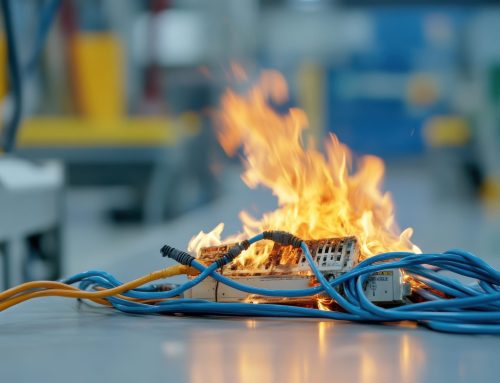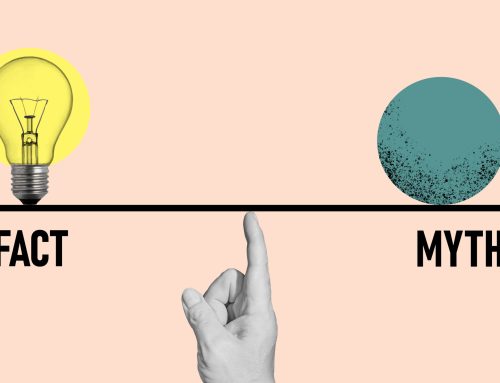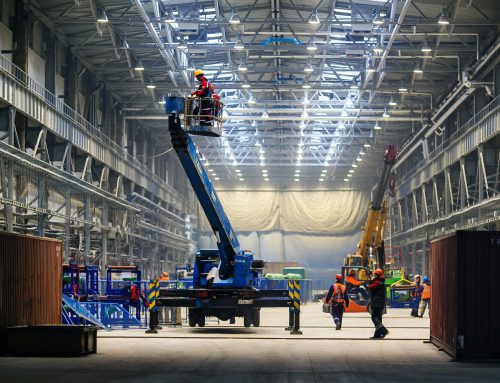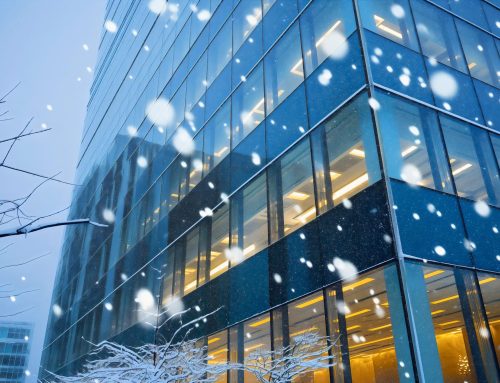Open burning is a prohibited act under both the Georgia Comprehensive Solid Waste Act and Rules and the Georgia Air Quality Act and Rules.
The Georgia Rules for Air Quality (391-3-1-.01(tt)) define open burning as any outdoor fire from which the products of combustion are emitted directly into the open air without passing through a stack, chimney, or duct.
Legal burning activities
Open burn rules in Georgia don’t restrict you from never making a fire outdoors. There are several legal ways to burn outdoors; thirteen ways in fact. These are types of legal burn activities as outlined by the Georgia Environmental Protection Division:
- Reduction of leaves on premises
- Agricultural procedures for production or harvesting of crops (if land tract is 5 acres or less)
- Burning vegetative material for agricultural operations (if land tract is greater than 5 acres)
- Prescribed burning
- Recreational purposes and cooking
- Fire-fighting training
- Acquired structure burns
- Vegetative debris from storms
- Weed abatement, disease, and pest prevention
- Open flame devices
- Land clearing, construction, and right-of-way maintenance
- Disposal of packaging materials for explosives
- Land clearing with an air curtain destructor.
And though these are legal ways to burn in Georgia, some of these types of burning require permits or special equipment.
Burning manmade materials like tires, plastics, lumber, or household garbage is never legal in the state of Georgia.
Burn Bans
The state of Georgia has a “Summer Burn Ban” that runs from May 1st through September 30th. During this time, several legal open burning activities are prohibited. These include burning leaves on your property and any kind of weed abatement, among others. Air quality can deteriorate in the summer due to the formation of ground-level ozone. The summer burn ban is intended to prevent the worsening of the already poor air quality of the summer months.
There is also a burn ban that runs from October 1st through April 30th. This ban is intended for 27 counties of Georgia. It limits these residents to 10 of the 13 open burning activities through this time period. These counties were chosen because of total population totals. Each county exceeding 65,000 people are subject to these bans. The purpose of the “Non-Summer Burn Types” is to reduce fine particulate matter pollution in these counties through these months.
Failure to adhere to these bans may result in fines.
Dangers of open burning
Open burning has a negative impact on Georgia’s air quality. Open burning rules were created to improve the air quality of the state.
Though the burning of household trash is illegal in Georgia, many people still do it. The Georgia EPD warns against burning household waste products. These products contain toxic chemicals. As a result, the burning of household waste products is one of the largest known sources of dioxins in the nation. Dioxins are dangerous to our health in many ways. The accumulation of dioxins in our food chain is a major problem. Airborne dioxins can settle onto feed crops that are eaten by domestic meat and dairy animals. These dioxins accumulate in the fat of animals. Humans then consume the meat from these animals.
Another danger of backyard burning is air pollutants. These include sulfur dioxide, lead, mercury, and hexachlorobenezene. All of these hazardous pollutants can cause long-term health issues that range from asthma to developmental disorders.
Alternatives to burning
Burning household trash or yard debris can be a danger to us all. The Georgia EPA has outlined several ways to discard of these items/materials without having to burn them. Try to discard of items instead of burning when at all possible.
- Yard trimmings
- Use natural decomposition methods like composting, mulching, or chipping
- Have your solid waste department pick up yard trimmings
- Haul yard debris to a permit-by-rule inert waste landfill
- Land clearing debris
- Chip, shred, or grind debris and reuse as mulch or for landscaping elements
- Contact a company offering on-site grinding services
- Haul debris to a processing/grinding/composting operation
- Take debris to a permitted construction and demolition (C&D) landfill
- Household items
- Sell or donate unwanted household items
- Contact a company that schedules pick-ups or take items to a donation center
- Recycle items such as aluminum, glass, plastics, and paper
- Find local drop off sites for recycling of larger items or specialty items like electronics
Fire Systems, Inc.
Fire Systems, Inc., an Atlanta-based fire protection company serving the area for over 30 years, cares about Georgia and the safety of its residents.
We are committed to keeping local businesses compliant to current fire codes and laws. Fire Systems is an all-services company. This means that we can install, inspect, and repair fire suppression systems, fire sprinkler systems, vehicle suppression systems, and more. Our company even offers fire alarm monitoring and fire extinguisher training for employees. Our commitment to fire safety is evident in our reputation and decades of experience in the industry.
Contact us today for more information at 770-333-7979, or visit our website.






